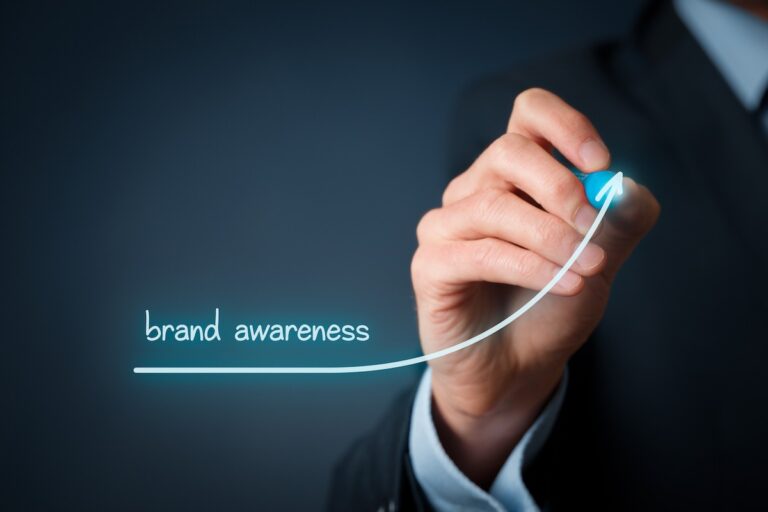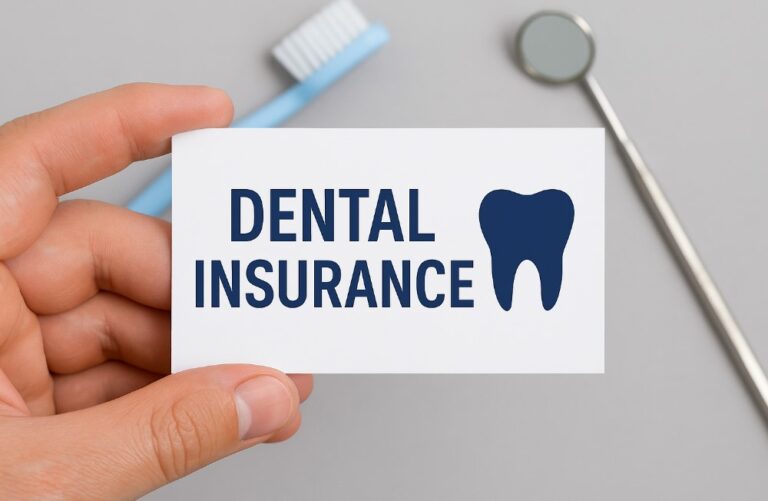The reality of life is that we will all experience grief at some point. One of the most traumatic experiences that you can go through is the death of a loved one. Depending on your relationship with them, you may feel like your world has ended and there is no way to move past the pain.
In a way, that is true. The pain of losing a beloved family member or friend can last forever. Though its impact on our day-to-day may diminish over time, the pain itself will never go away, and neither will the hole that is left in our lives as a result of the loss.
However, there are ways to take care of yourself after a tragic loss. These tips can help manage your physical, mental, and emotional health in the aftermath.
Give Yourself Time to Grieve

The temptation for some is to try to move past the trauma as quickly as possible, especially if you are a caretaker or parent of someone else. You want to try to be strong for other family members or friends when more responsibility falls on your shoulders. This can feel like a monumental task.
It’s crucial to give yourself the time you require to absorb your emotions and the circumstances leading up to the loss itself. Remember that there is no set period of time or method of processing a loved one’s departure. Be kind to yourself and the reality that you are dealing with something that will affect you for the rest of your life.
Giving yourself the time to grieve properly and fully will benefit you in the long run. Though there may be outside pressures that are pushing you to return to a state of normalcy, this can compound the emotional struggles that you are experiencing. Take the time that you need to move through the grieving process and give yourself grace if it takes longer than you think it should.
Try to Invest in Your Physical Health
While you should give yourself the space to experience emotions, it is also helpful to stay invested in your physical health while grieving. Adopting an exercise routine has helped many who are experiencing personal tragedy such as a death in the family have something to take their mind off of things.
Physical activity can also release endorphins, making the emotional pain a little bit less of a burden. It is not recommended that you severely alter any habits that you had before the tragedy, but simply remember to not neglect the health of your body when your mind and emotions are in disarray.
Looking Out For Your Interests After a Wrongful Death

In some cases, the loss of a loved one could be due to the negligence of another party. Whether it was the result of a car accident, workplace condition, or another type of wrongful death, you can take care of yourself and your family after the loss.
In addition to the emotional pain, there could be funeral costs, lost income, and other financial ramifications as a result of the death of your loved one. Filing a claim gives you the ability to seek compensation to cover those types of damages and take care of your family when undergoing financial struggles. Contact a Nashville wrongful death lawyer like MitchGrissim to find out if you can file a claim to pursue fair compensation.
Find Ways to Manage Stress
Stress after the death of a loved one can severely damage your physical and mental health. The need for relief could lead to substance addiction in the aftermath of the tragedy or other vices that harm your long-term well-being.
After a loved one passes away, adjustment takes time. And having a lot of support is beneficial. Family, friends, or adult role models in your life can offer assistance. Additionally helpful are grief therapists, support groups, and counsellors. Ask a parent, school counsellor, or religious leader for assistance if you wish to find more assistance. Alternatively, you can also check out A Kind Place which offers grief counselling services to those who wish to get help.
Finding ways to manage your stress levels will be critical to caring for yourself. This could mean spending more time with other friends or family who can help share the burden of everyday tasks that are beginning to overwhelm you. Maybe it is time to re-engage with a hobby or pastime that settles your mind and can act as a distraction. Whatever you can do to lessen the stress you are facing and make the burden on your shoulders a little lighter is an investment in your physical and mental health.
Don’t Ignore the Benefits of Therapy

The negative stigma that has been attached to therapy is slowly going away in recent years. Many generations are now experiencing the potential benefits of seeking professional help as a form of healthcare. It is especially helpful for those going through traumatic experiences or the grieving process.
When you are suffering under the weight of the loss, do not be afraid to seek out therapy. These trained professionals are experts at helping individuals talk through their experiences and find a path toward better emotional health, which can lead to improved physical and mental health.
Never Forego Your Own Needs
As stated before, it can be tempting to try to push through the pain and be strong for others in your life. Maybe you are now a widow with several children that are young and must be cared for. No matter the situation you are in following the loss of a loved one, your needs are valid and must be addressed.
Find a way to let others know how they can help you and don’t be afraid of honesty. If you need more space for yourself, let your family and friends know. If you need to be around people as much as possible, ask for them to stay in touch. Take care of yourself so that you can move forward and live a full life, as your loved one would want you to.
Related Posts:
- 20 Best Gaming Headset Under 50$ 2024 - for PC, PS4,…
- Top 10 Best Office Chair Under 200 2024 - Ergonomic…
- 15 Best Shoes for Walking on Concrete 2024 - Soft &…
- Top 10 Best Inflatable Kayak 2024 - for Exploring…
- Top 10 Best Office Chair Under 100 2024 - Cheap,…
- 12 Best Car Wax For Black Cars 2024 - Protection and…







